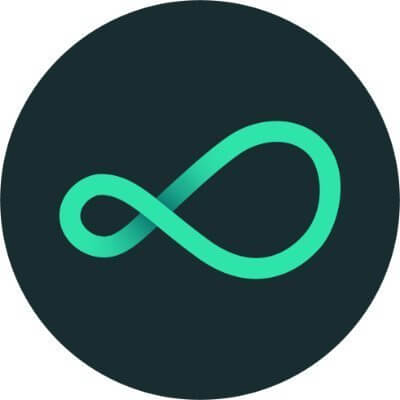Research Engineer - Applied Cryptography
Looks like this career opportunity is no longer available. We know this isn't what you were hoping for, but we have many other great opportunities for you to check out. Start a new search now
Who Are We?
Obol Labs is a remote-first research and software development team focused on Proof of Stake infrastructure for public blockchain networks. Specific topics of focus are Internet Bonds, Distributed Validator Technology, and Multi-Operator Validation. The core team includes +30 members spread across +15 countries.
The core team is building the Obol Network, a protocol to foster trust-minimized staking through multi-operator validation. This will enable low-trust access to Ethereum staking yield, which can be used as a core building block in various Web3 products.
The Network
The network can be best visualized as a work layer that sits directly on top of the base layer consensus. This work layer is designed to provide the base layer with more resiliency and decentralization as it scales. In this chapter of Ethereum, we will move on to the next great scaling challenge, which is stake centralization. Layers like Obol are critical to the long-term viability and resiliency of public networks, especially networks like Ethereum.
Obol as a layer is focused on scaling main chain staking by providing permissionless access to Distributed Validators. The network utilizes a middleware implementation of Distributed Validator Technology (DVT), to enable the operation of distributed validator clusters that can preserve validators’ current client and remote signing configurations.
Similar to how roll-up technology laid the foundation for L2 scaling implementations, we believe DVT will do the same for scaling the consensus layer while preserving decentralization. Staking infrastructure is entering its protocol phase of evolution, which must include trust-minimized staking networks that can be plugged into at scale. We believe DVT will evolve into a widely used primitive and will ensure the security, resiliency, and decentralization of public networks.
The Obol Network develops and maintains three core public goods that will eventually work together through circular economics:
- The DV Launchpad, a User Interface for bootstrapping and managing Distributed Validators
- Charon, a Golang based middleware client that enables validators to run in a fault-tolerant, distributed manner.
- Obol Splits, a set of solidity contracts for the formation of Distributed Validators tailored to different use cases such as DeFi, Liquid Staking, and Fractionalized Deposits
Sustainable Public Goods
Obol is inspired by previous work on Ethereum public goods and experimenting with circular economics. We believe that to unlock innovation in staking use cases, a credibly neutral layer must exist for innovation to flow and evolve vertically. Without this layer, highly available uptime will continue to be a moat.
The Obol Network will become an open, community-governed, self-sustaining project over the coming months and years. Together we will incentivize, build, and maintain distributed validator technology that makes public networks a more secure and resilient foundation to build on top of.
Job Description
Research Engineers are passionate about DVT and have a thorough understanding of the Ethereum Stack. This role is responsible for charting the next order of magnitude improvement in Distributed Validator Technology by researching and prototyping novel cryptography, solidity, and consensus implementations. At Obol we are stripping Ethereum clients down to their fundamentals and rebuilding them in a highly-available by default, byzantine tolerant architecture, capable of being run by multiple operators. This project will push the envelope on distributed systems and their coordination via smart contracts beyond what has been seen in the space to date.
Responsibilities
- Prototype and design cluster migration mechanisms, and key resharing schemes that allow for operator addition and replacement, and validator addition.
- Research manners to objectively prove DV performance to a solidity contract using ZKPs, VDFs, MPC schemes and the EVM consensus layer interface.
- Research manners to reduce the cost of these performance measures by taking computation into a state channel layer between operators.
- Integrate novel consensus mechanisms into charon to reduce communication rounds, add attributability, and to increase scale and performance of DVs.
- Develop EVM smart contracts for the provisioning of Ethereum distributed validators
- Participate in the hiring processes of the Obol Technical Team
What you will like about us
- Developing open-source public goods for permissionless networks
- Solving groundbreaking problems in distributed cryptography and crypto-economics
- Fully Remote, flexible working hours (Independent contractor)
- Unlimited paid time off (based on our company policy)
- Personal hardware & professional training budget
- Annual opportunity to attend DevCon (or a blockchain conference of choice)
- Opportunity to collaborate with industry-leading cryptography researchers and advisors
🕰️ In order to scale efficiently, we focus our hiring on candidates able to work during the standard business hours of the following timezones: GMT-8 to GMT+3.
This does not mean that you have to be located in these timezones to get the job but must be able to work the bulk of your time during their standard business hours.
Thank you for your interest. Looking forward to building amazing stuff together!
Please let Obol Labs know you found this position on Cryptocurrency Jobs as a way to support us so we can keep providing you with quality crypto jobs.
Location
Job type
Role
Keywords
- Cryptography
- Engineer
- EVM
- MPC
- Open Source
- Research
- VDFs
- ZKs
Please let Obol Labs know you found this position on Cryptocurrency Jobs as a way to support us so we can keep providing you with quality crypto jobs.
About Obol Labs
Not what you're looking for?
Check out these similar roles
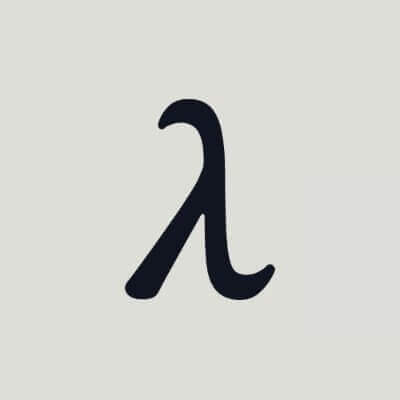
P2P Networking Protocol Engineer
Logos

Security Engineer (North America)
Tempo
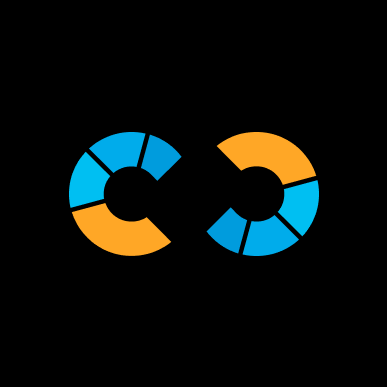
Tech Lead
Nethermind

Senior Systems Engineer
Logos

Founding Protocol Engineer (Web3 + AI)
Nethermind

Solutions Engineer
Logos

Distributed Systems Evaluation Engineer
Logos
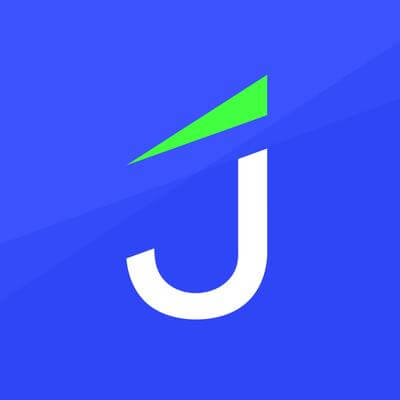
Founding Principal Engineer
Joyride
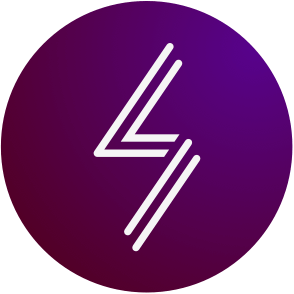
Lightning Infrastructure Engineer
Lightning Labs
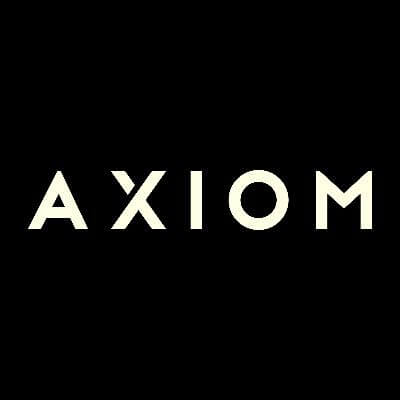
ZK Proof Engineer
Axiom
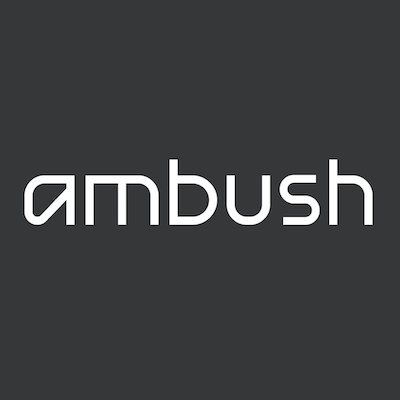
Head of DeFi (Remote)
Ambush

